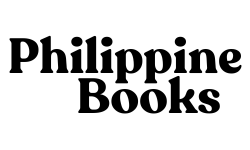14 Must-Read Books on Philippine History
Whether you're a history buff or simply curious about the country's past, there are several essential reads that can provide you with a comprehensive understanding of Philippine history. From renowned historians to insightful cultural observers, each author offers a unique lens into the Philippines' rich history. In this post, we will explore some of the most notable books on the subject.
A quick glance
- Looking Back by Ambeth Ocampo
- Rizal without the Overcoat by Ambeth Ocampo
- History of the Filipino People by Teodoro Agoncillo
- Culture and History by Nick Joaquin
- A Question of Heroes by Nick Joaquin
- An Anarchy of Families by Alfred McCoy
- History of the Burgis by Mariel Francisco and Fe Maria Arriola
- Conjugal Dictatorship by Primitivo Mijares
- Boxer Codex by Isaac Donoso, Ma. Luisa Garcia, Carlos Quirino, and Mauro Garcia
- Barangay by William Henry Scott
- Looking for the Pre-Hispanic Filipino by William Henry Scott
- In Our Image by Stanley Karnow
- State and Society by Patricio Abinales
- History of the Philippines by Luis Francia
These must-reads will take you on a time-traveling journey, unveiling the captivating history of the Philippines. Whether you're a history buff or just starting out, these books are bound to amaze and enlighten. Happy reading!

1. Looking Back by Ambeth Ocampo
Ambeth Ocampo's collection of essays, "Looking Back," presents Philippine history in an approachable and engaging way. With a dash of wit, Ocampo unveils hidden facets of historical events, making it a delightful read for both novices and enthusiasts alike. His narrative style, akin to a friendly chat with a trusted friend, effortlessly blends scholarly rigor with relatability.
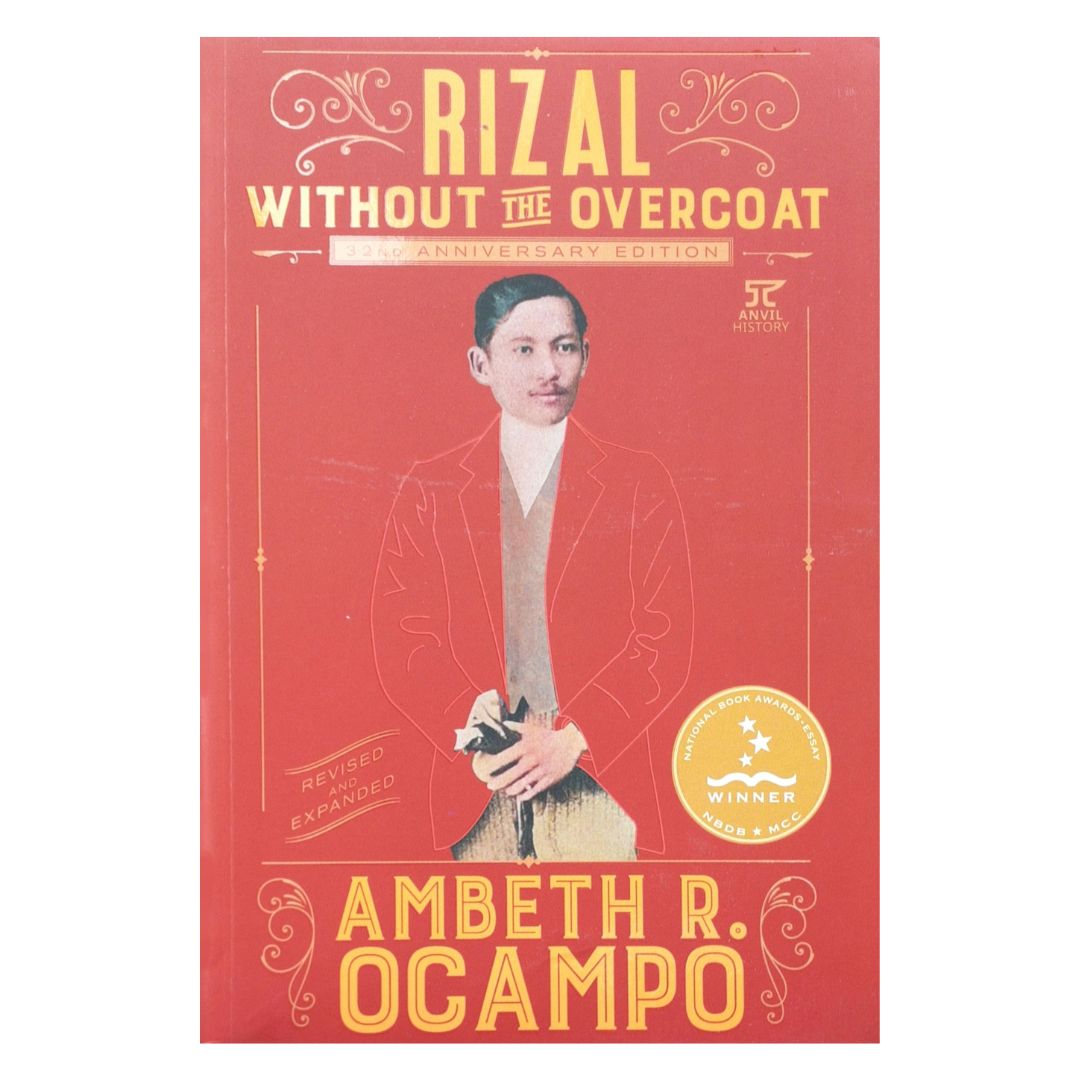
2. Rizal without the Overcoat by Ambeth Ocampo
In "Rizal without the Overcoat," Ambeth Ocampo offers an intimate portrait of Dr. Jose Rizal, peeling away the layers of myth and monument to reveal the human behind the hero. Through Ocampo's narrative, Rizal comes to life in a way that textbooks simply can't capture. Readers will find themselves transported to the streets of 19th-century Manila, gaining a profound understanding of the man who sparked a revolution.
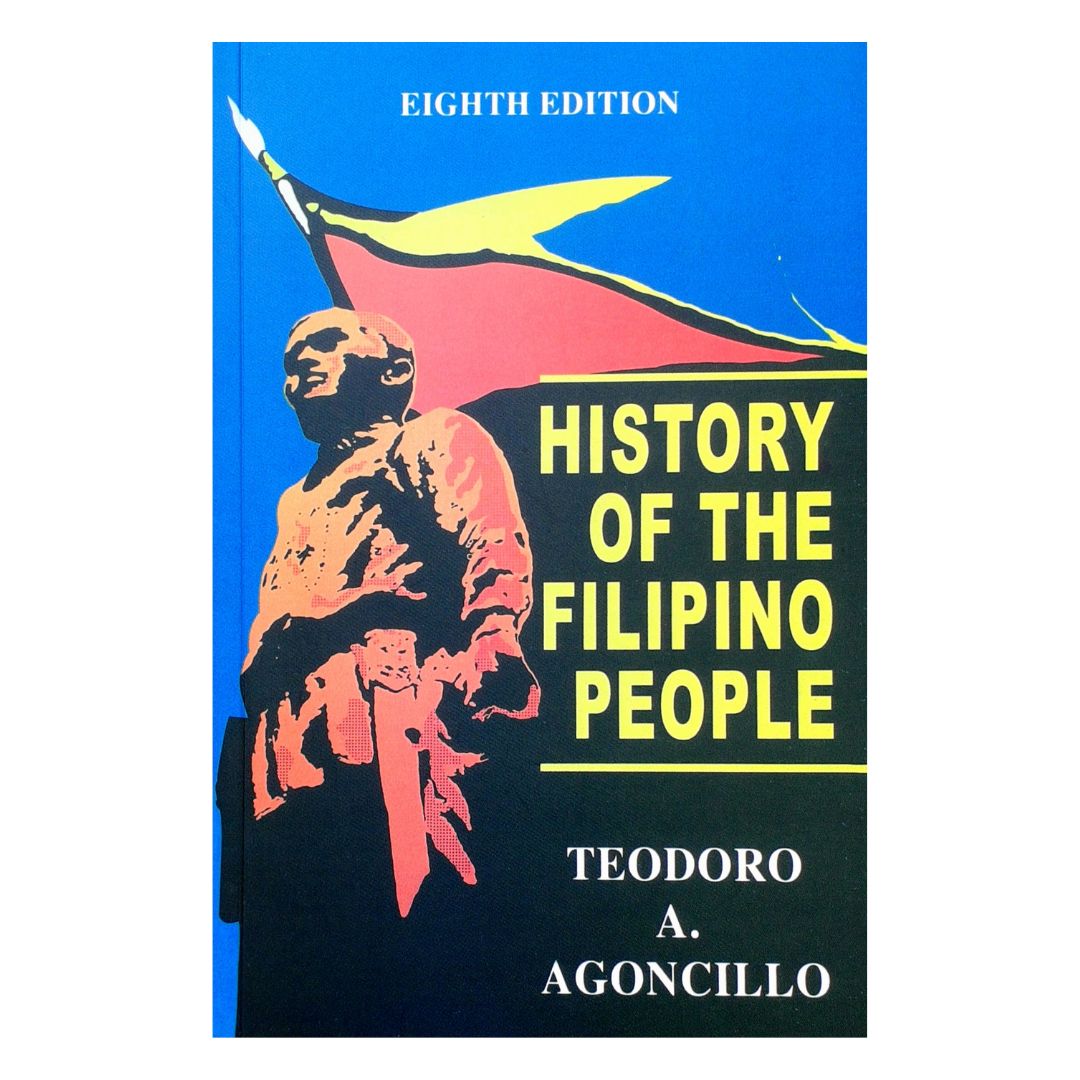
3. History of the Filipino People by Teodoro Agoncillo
Teodoro Agoncillo's magnum opus, "History of the Filipino People," is a sweeping chronicle of Philippine history. Meticulously researched and masterfully told, Agoncillo's narrative weaves together the complex threads of the nation's past, providing a comprehensive overview for readers of all backgrounds. His deep insights and engaging storytelling transform historical facts into a vivid tapestry of events and personalities.
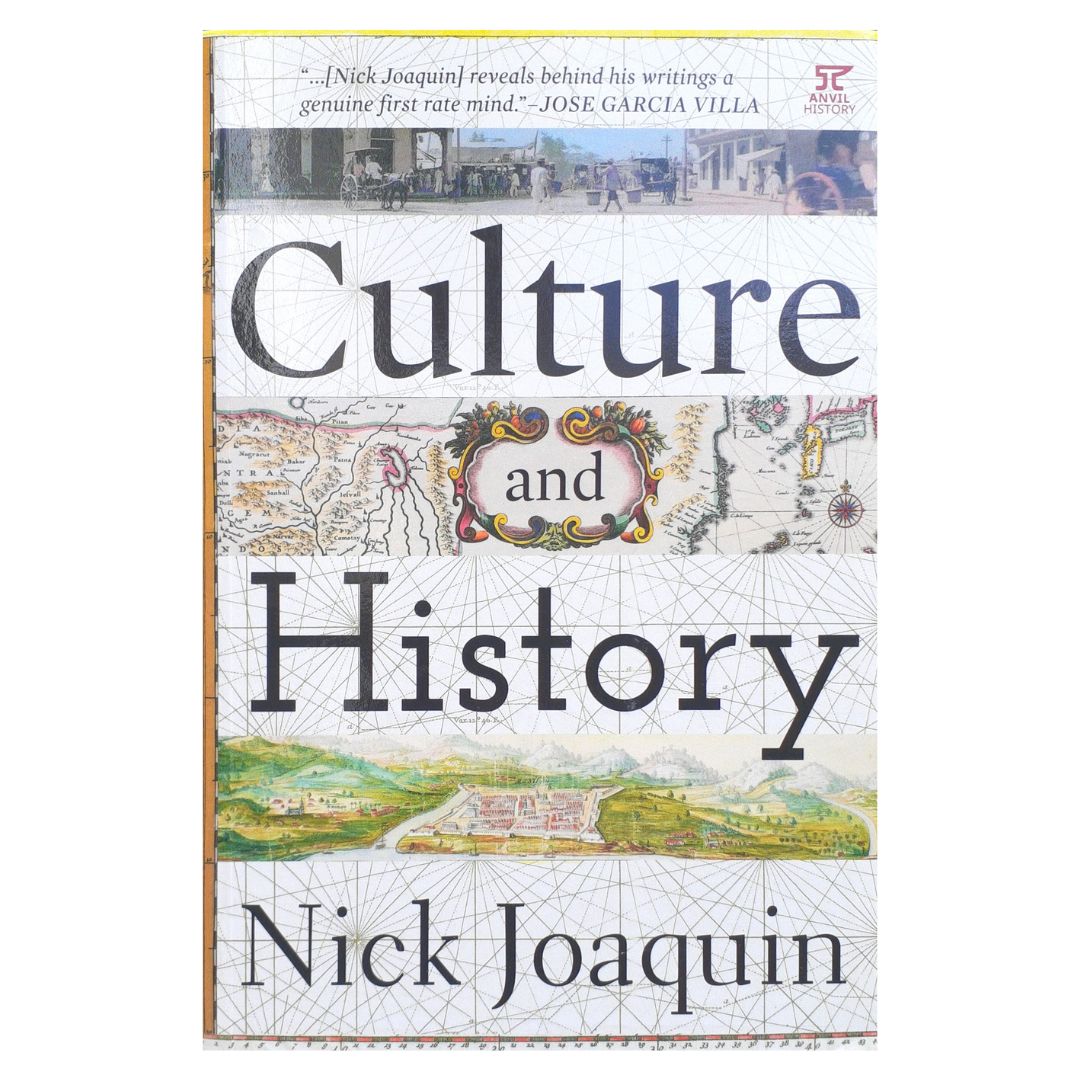
4. Culture and History by Nick Joaquin
Nick Joaquin, a literary giant in Philippine literature, beautifully blends history and culture in this collection of essays. His evocative prose paints vivid portraits of bygone eras, offering readers a window into the cultural soul of the Philippines. With Joaquin as your guide, you'll stroll through the bustling streets of old Manila and witness the grandeur of centuries past.

5. A Question of Heroes by Nick Joaquin
"A Question of Heroes" by Nick Joaquin challenges conventional notions of heroism in Philippine history. Through Joaquin's thought-provoking narratives, iconic figures are presented in a new light, inviting readers to ponder the complexities of heroism in a tumultuous time. His profound reflections prompt a deeper examination of what it truly means to be a hero in the context of a nation's struggle for identity.
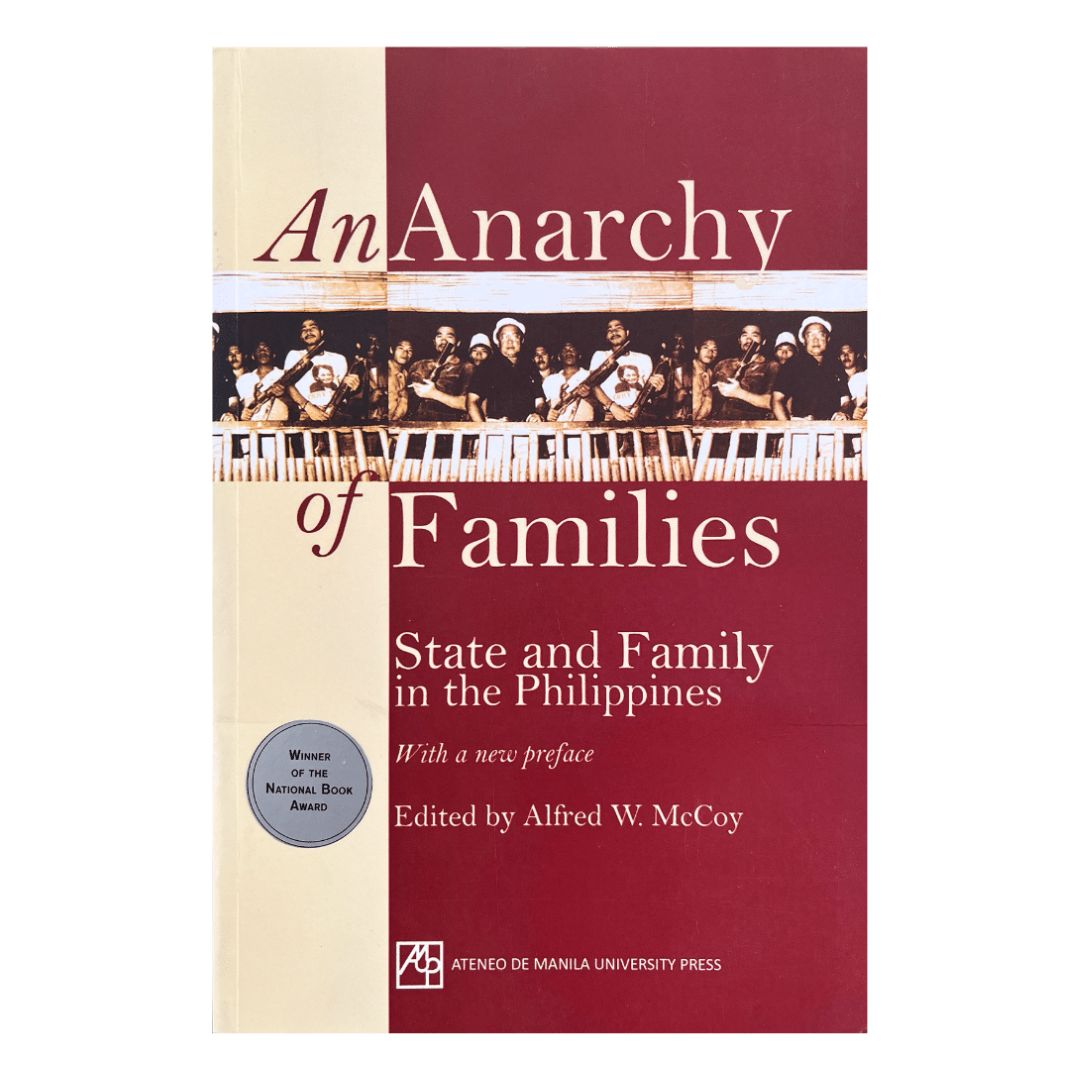
6. An Anarchy of Families by Alfred McCoy
Alfred McCoy's "Anarchy of Families" unravels the intricate web of power, politics, and economics that has shaped Philippine society. This insightful analysis sheds light on the underlying forces that have influenced the nation's trajectory. With McCoy's meticulous research and keen analytical eye, readers gain a nuanced understanding of the complex dynamics that continue to shape the Philippines today.

7. History of the Burgis by Mariel Francisco and Fe Maria Arriola
"History of the Burgis" offers a unique perspective on the Filipino middle class, a group often overlooked in historical narratives. Mariel N. Francisco and Fe Maria's meticulous research provides valuable insights into the role of the Burgis in shaping the nation's identity. Through their narrative, readers are invited to explore the aspirations, struggles, and contributions of this crucial segment of Filipino society.

8. Conjugal Dictatorship by Primitivo Mijares
In "Conjugal Dictatorship," Mijares fearlessly exposes the dark underbelly of the Marcos regime, providing a chilling account of the dictatorship's impact on the Philippines. This eye-opening book is a stark reminder of the importance of vigilance in preserving democracy. Mijares's firsthand account offers a harrowing journey through a period of Philippine history that should never be forgotten.
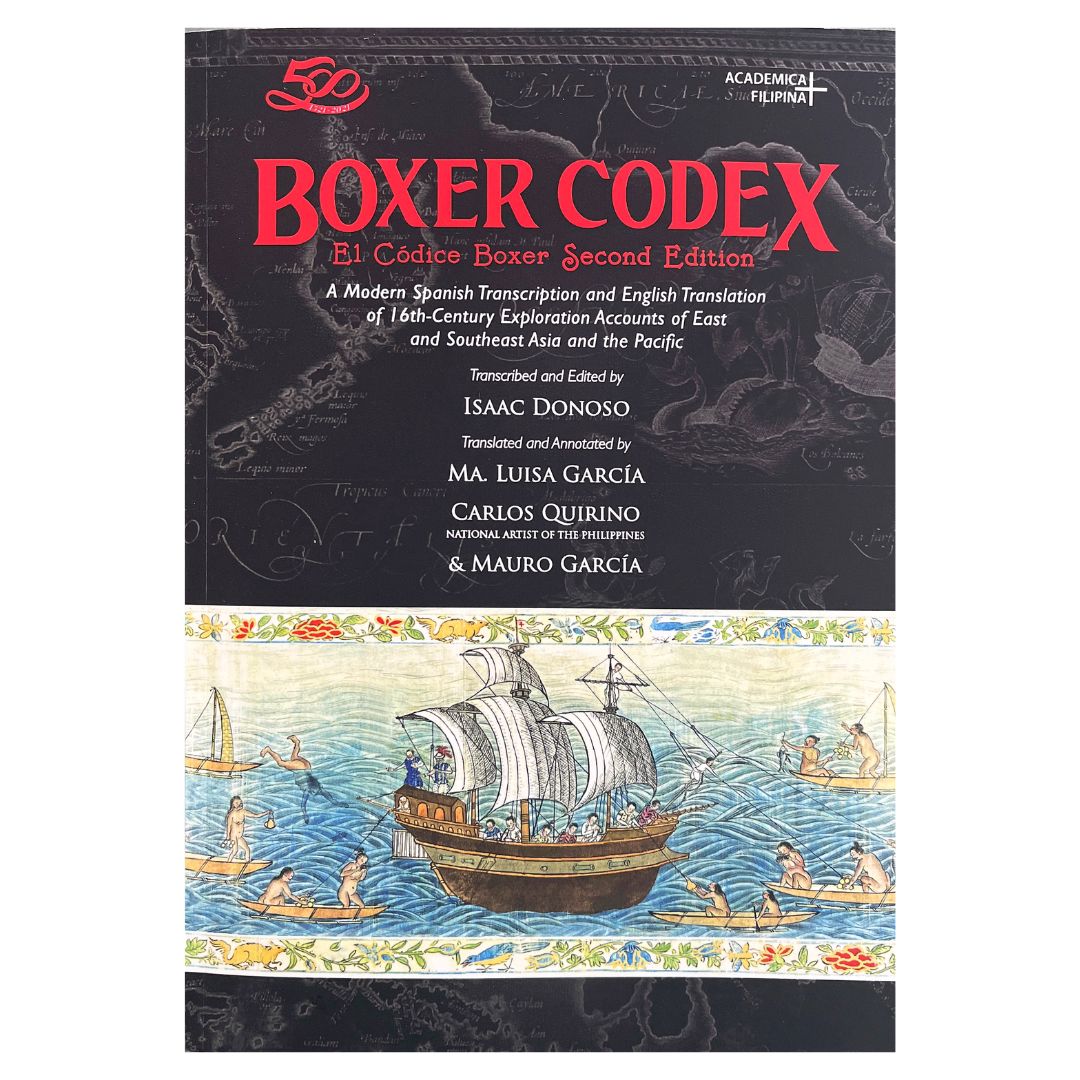
9. Boxer Codex by Isaac Donoso, Ma. Luisa Garcia, Carlos Quirino, and Mauro Garcia
The Boxer Codex is a visual treasure, offering a rare glimpse into pre-colonial Philippine culture through intricate illustrations. This historical artifact provides a tangible connection to the country's indigenous heritage. With each page, readers are transported to a time when diverse cultures thrived across the archipelago, offering a deeper appreciation for the rich tapestry of Philippine history.

10. Barangay by William Henry Scott
William Henry Scott's meticulous research in "Barangay" takes readers on a journey to pre-Spanish Philippines. This groundbreaking work illuminates the diverse cultures and societies that thrived in the archipelago before European contact. Through Scott's narrative, readers gain a profound appreciation for the resilience and ingenuity of indigenous communities that continue to shape the Philippines today.

11. Looking for the Pre-Hispanic Filipino by William Henry Scott
Embark on a scholarly quest with William Henry Scott as he unravels the enigmas of the prehispanic Filipino. Through a meticulous examination of historical records and archaeological findings, Scott paints a vivid portrait of our ancestors' lives, shedding light on their cultures, traditions, and social structures. This comprehensive work invites readers to delve deep into the roots of Filipino identity, providing a fascinating glimpse into a bygone era.
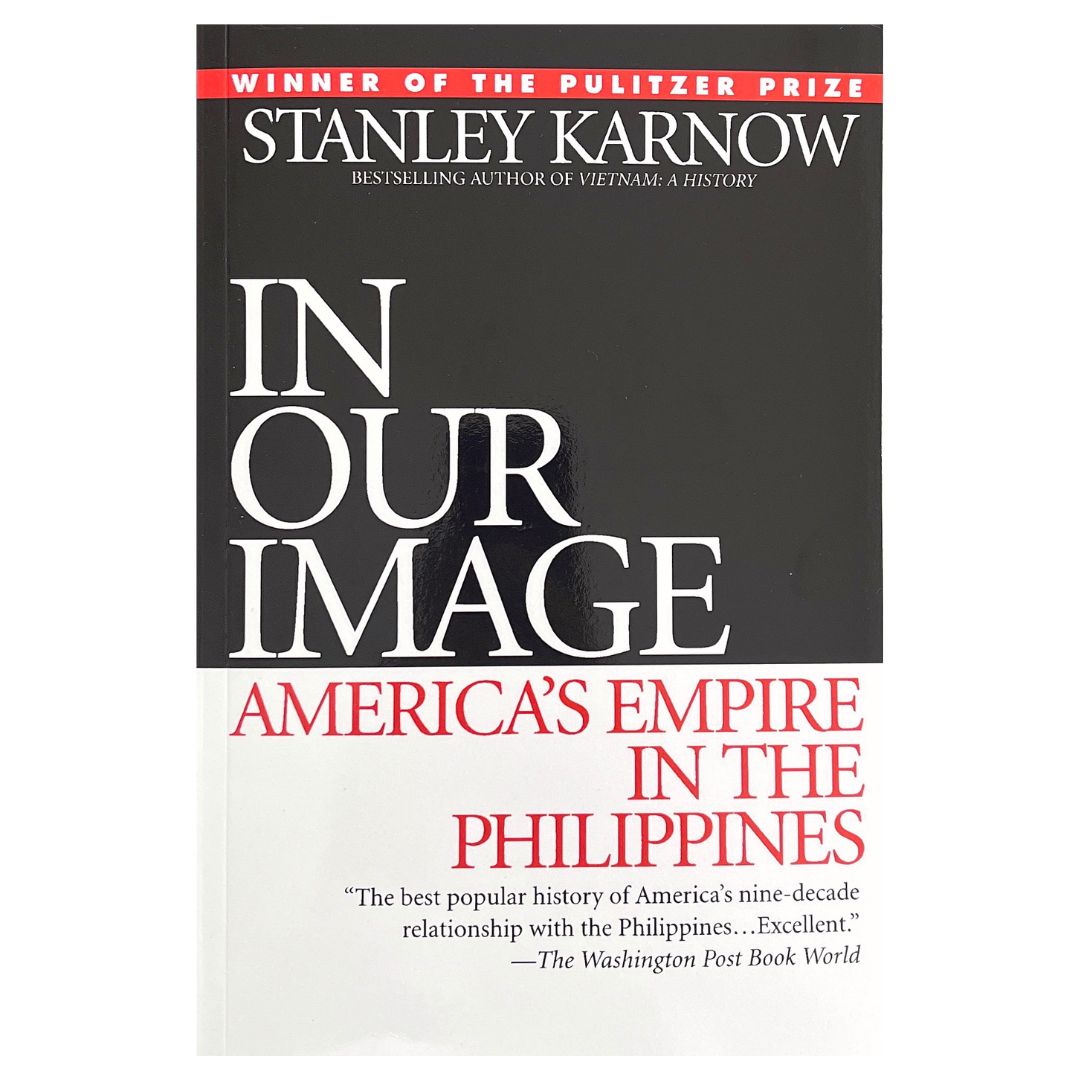
12. In Our Image by Stanley Karnow
Stanley Karnow's award-winning "In Our Image" paints a vivid portrait of the American influence on the Philippines. With meticulous research and engaging storytelling, Karnow explores the complex interplay of cultures and politics during a critical period in Philippine history. Readers will find themselves immersed in the ebb and flow of a nation finding its place on the world stage.

13. State and Society by Patricio Abinales
Patricio Abinales delves into the intricate relationship between the Philippine state and society in "State and Society." This insightful analysis offers a deeper understanding of the political dynamics that have shaped the nation. Abinales's scholarship guides readers through the complex interplay of forces that continue to define the Philippines' political landscape.
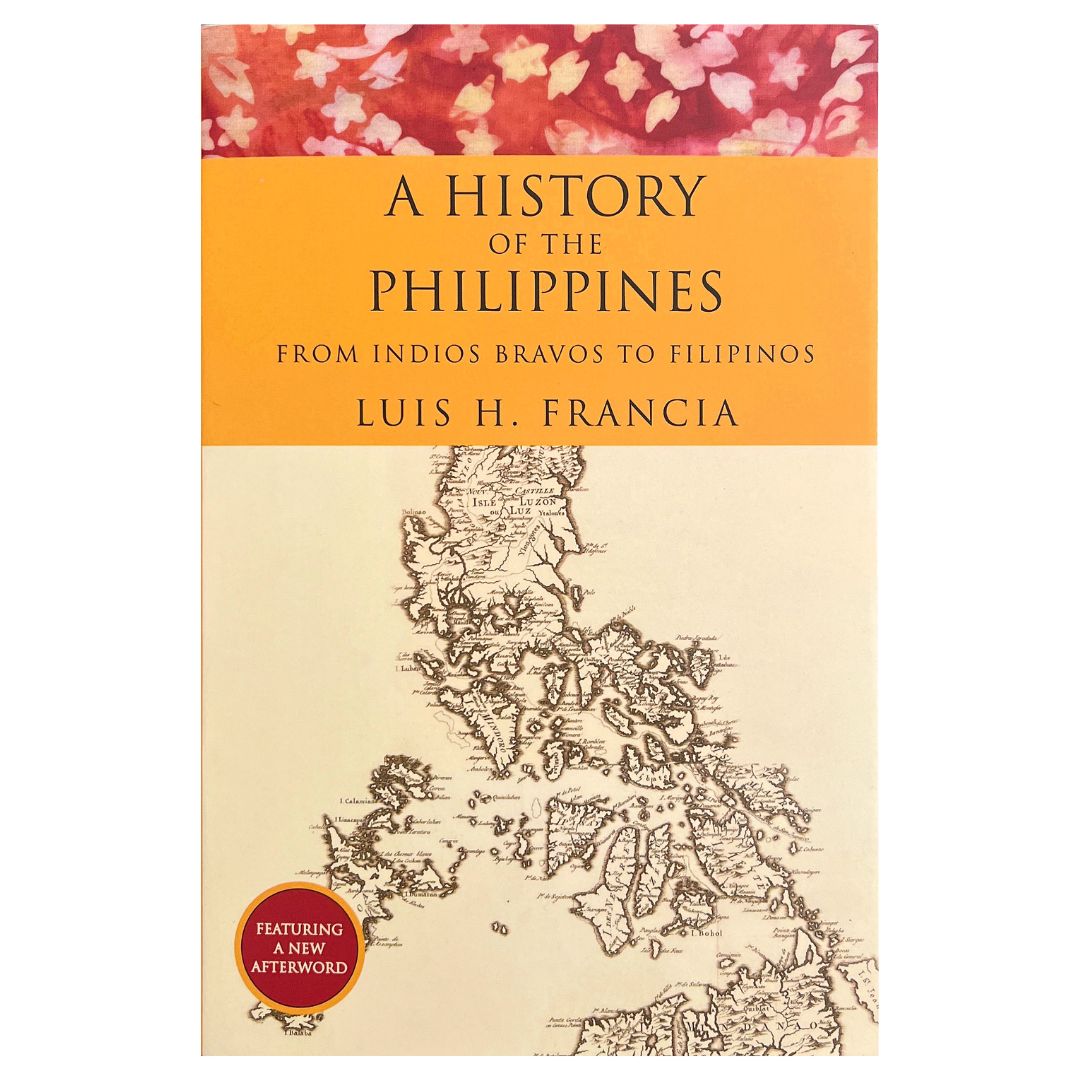
14. History of the Philippines by Luis Francia
Luis Francia's concise yet comprehensive account of Philippine history provides readers with a well-rounded understanding of the nation's past. Through Francia's narrative, readers gain valuable insights into the Philippines' complex journey through the centuries. His accessible prose invites readers to navigate the twists and turns of history, emerging with a deeper appreciation for the Filipino spirit.
